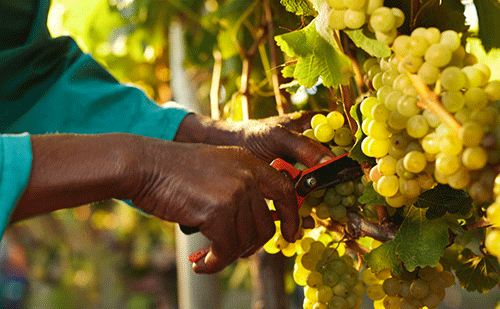China has been Namibia’s second-largest trading partner for many years, and bilateral trade volumes between the two countries exceeded US$1.3 billion in 2023, with year-on-year growth of 16.5%.
It is the main export market for Namibian minerals such as uranium, lithium and marble, as well as agricultural products such as beef and oysters.
“China welcomes more Namibian products to enter the Chinese market, and the two governments are currently negotiating on the export of Namibia’s deep sea red crab, abalone, mutton, grape, frozen lobster and others to China,” stated Shen Jian, Chargé d’affaires at the Chinese Embassy on Tuesday.
Jian was speaking during an information-
sharing session at the China International Import Expo (CIIE) in the capital.
CIIE is aimed at providing firm support to trade liberalisation and economic globalisation, and actively opens the Chinese market to the world. It facilitates countries and regions all over the world to strengthen economic cooperation and trade,
and promote global trade and world economic growth to make the world economy more open.
Meanwhile, Tuesday’s event transpired to invite the Namibian business community to actively engage China.
“Through today’s (Tuesday) promotion conference, Namibian enterprises and businesspeople will be able to better understand this expo, and bring more local high-quality commodities into China’s huge market so as to share development opportunities together with China,” said Jian.
He added that more than 50 Chinese
enterprises have invested or been doing business in Namibia, creating more than 10 000 jobs for Namibians. The two major uranium mines of Swakop Uranium and Rössing Uranium, which have attracted major Chinese investment, contribute about 7% of Namibia’s gross domestic product (GDP) and pay about N$1.3 billion in taxes to the Namibian government every year.
Also at Tuesday’s occasion, deputy director in the industrialisation and trade ministry Angela Pretorius noted it is imperative to continue consolidating efforts to maintain partnerships that can culminate in the value addition of local commodities to create much-needed jobs while growing the economy.
She further called for free and fair-trade practices.
“We must continue to work together to remove barriers to trade, enhance market access and promote a conducive environment for investment,” said Pretorius. -mndjavera@nepc.com.na



